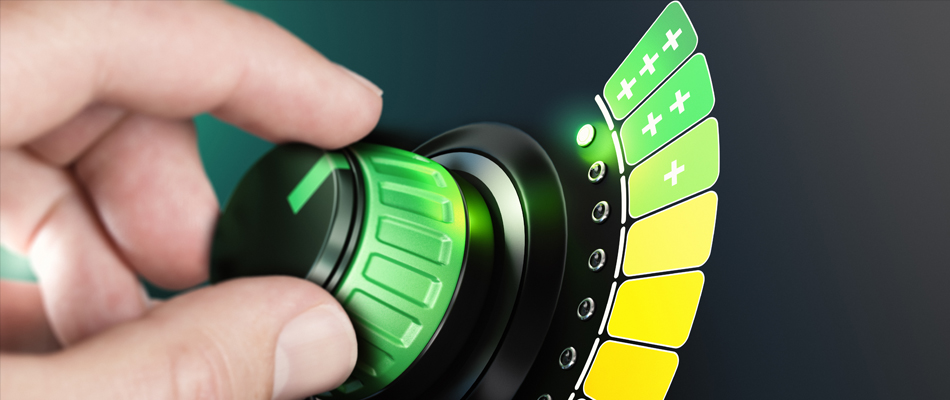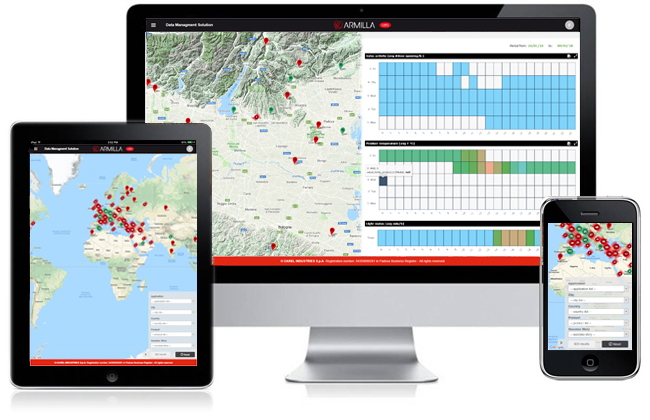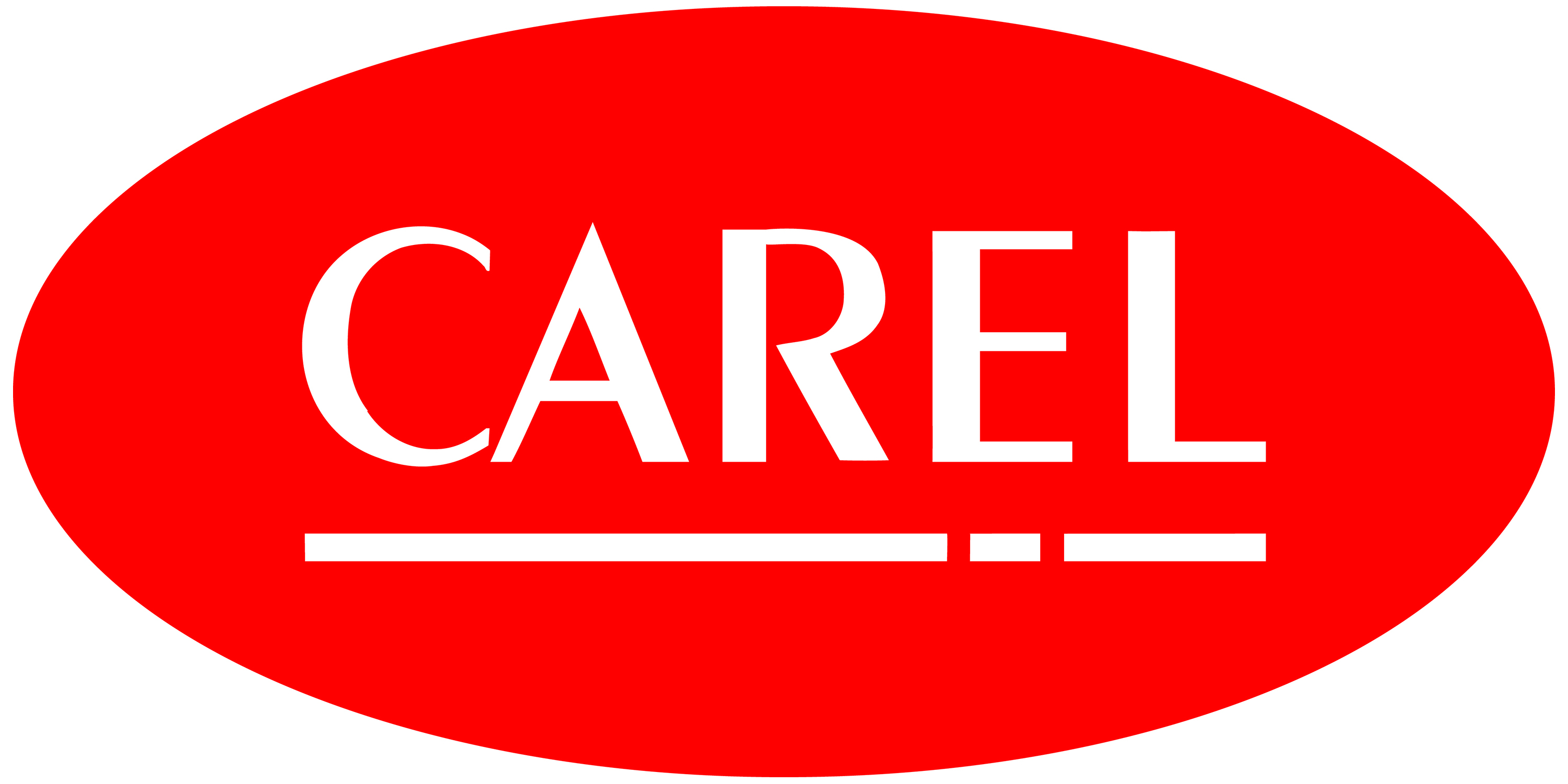Eficiencia Energética

The increased efficiency of CAREL’s conditioning and refrigeration systems is one of its cornerstones. In addition to its move towards less energy intensive systems, CAREL also pays close attention to their power supply. The transition from traditional gas or fossil fuel heating systems to electric pump solutions should allow for the better use of renewable sources. The main new designs and innovations of recent years of HVAC/R technologies have led to:
- optimisation of refrigeration systems and circuits;
- introduction of variable speed compressors using BLDC technology, facilitating greater efficiency in applications like heat pumps;
- specific devices for CO2 refrigerant applications making the systems more efficient and extending the use of these applications in hotter geographical areas;
- widespread use of natural refrigerants in general, especially propane (R290).
CAREL not only optimises systems, but also designs solutions that allow system optimisation, including by completely adjusting the technological architecture, like the HEOS (High Efficiency Showcase) system, where supermarket refrigeration is radically transformed from a centralised refrigerated liquid production system to a distributed system in which each cabinet can be optimised to minimise the system’s consumption.
In the HVAC sector, CAREL focuses on adiabatic humidification, which allows the production of humidity using less energy compared to isothermal humidification. One related application is evaporative cooling, with more efficient temperature controls especially in air treatment applications.
Carel confirms its commitment to protecting the planet with its partnership with Geofit, a research project for smart geothermal technologies funded by the European Union to develop innovative EGSs (Enhanced Geothermal Systems).
CAREL continued its market approach in 2022 whereby it offers integrated solutions that provide a complete response to an application’s needs rather than providing individual products. With respect to sustainability and respect for the environment, CAREL has analysed the annual consumption of electricity of a refrigeration unit housing a CAREL component, selecting a range of solutions. It calculated consumption using standard design criteria (e.g., refrigerant, working hours, efficiency, average work load, component oversizing). It then applied the energy savings to this electrical component, obtained as the average of internal case studies for that CAREL component and for a specific application in the cold chain or air-conditioning sectors.
During the year, CAREL’s customers saved 6,220 GWh, up by 6% from 5.867 GWh in 2021. Around 73% of the energy savings were thanks to the EXVs, including ejectors, which are CAREL's main products, counting over 510 thousand pieces in 2022.
CAREL also seeks to achieve energy efficiency in its processes. In fact, CAREL Industries S.p.a. has initiated the procedure for certification in accordance with the ISO 50001:2018 international scheme, with the aim of continuously improving its energy performance. CAREL is consequently required to optimise the use of energy through prevention and continuous improvement, following the key principles of sustainability. Specifically, CAREL undertakes to:
- guarantee the resources and information needed to achieve the objectives;
- continuously improve its energy performance and integrated management system;
- promote the supply of energy efficient products and services;
- carry out design activities whose criteria include energy efficiency and environmental sustainability.
Products made by Recuperator, which manufacturers extremely energy-efficient air-air heat recovery systems and which was bought by CAREL at the end of 2018, complete CAREL's ventilation application portfolio.
Monitoring and analysis of data and system optimisation
 The IoT division has allowed CAREL to concentrate on solutions that allow more evolved system optimisation solutions alongside the traditional monitoring of systems and alarm management. The system functioning data provide the energy managers with additional information about the system’s output.
The IoT division has allowed CAREL to concentrate on solutions that allow more evolved system optimisation solutions alongside the traditional monitoring of systems and alarm management. The system functioning data provide the energy managers with additional information about the system’s output.
It also allows for the assessment of any drops in performance which is essential to implement scheduled maintenance programmes.
CAREL also has system monitoring and optimisation services, where data from other similar systems are compared to align the performances of the less efficient systems with those of the best-performing systems.
System optimisation can also be coordinated using devices making up the system depending on its use, the environmental conditions or use of the system.
Introduction of an advanced control system in even the most simple cases allows significant savings in the machines’ and systems’ energy requirements thanks to functions like, for example, optimisation of switching on and off rather than using it only when strictly necessary.
